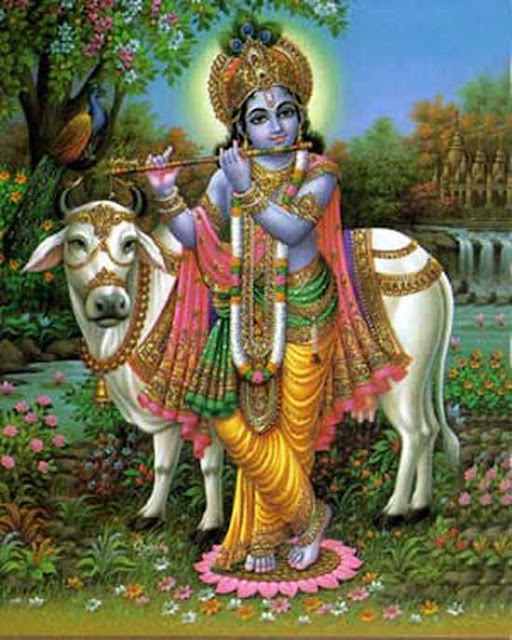A Summary of the Srimad Bhagavata Mahapuranam-1- 16.

1: King Parikshit’s Question to Suka Maharishi - 16. So, ignorance is at the back of the so-called joys of life. If we know the cause, we will be disappointed in one second. There is a thief behind this joy that we appear to have in this world. That thief is trying to rob us of whatever energy we have. Sankaracharya, in one of his verses, tells us that there are many thieves in this world, and they are ready to rob us of all the treasures that we have in the form of energy. Our energy becomes depleted through every form of sense contact, and we become old and weak, and then perish due to a total exhaustion of the energy quantum of our personality. We may say in this sense that the senses are deceivers, but philosophically there is another aspect which makes us give them some credit also when they tell us that all things are not well. That all things that glitter are not gold is seen by the dissatisfaction that follows. Whatever be the position that we hold in th























